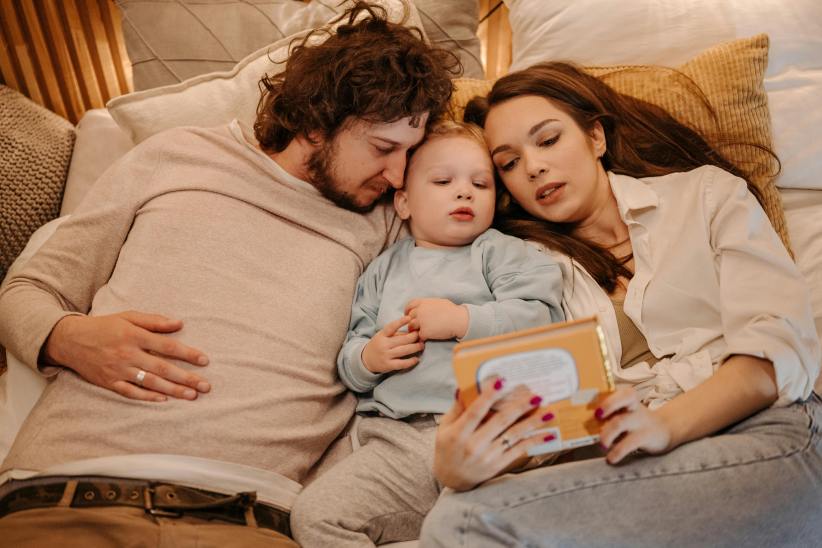Walking through the cheery corridors of the Alexander Robertson School (ARS), with its art-splashed walls and archways and colorfully-tiled floors, one can’t help but feel the joy of a school where learning is celebrated and students and staff are engaged and energized. But is the feeling a matter of visitor’s luck or the true essence of the school?
Sally Wheeler Maier, speaking from her experience as a parent and co-president of the PTA, describes a school that is, in fact, so nurturing it feels “like family.”
“What makes Alexander Robertson stand out is its incredibly warm, child-friendly environment,” Maier, whose son is in grade 3, says. Other virtues? “I love its combination of creative and traditional aspects. I love how much learning goes on there. And most importantly of all, my son feels the same way. He once said to me: ‘I like going to school, mom. It’s comfy.’ And I thought: ‘How great is that!’”

Located on the Upper West Side, near Central Park, ARS is the very model of a small, nurturing private school (Pre-K through grade 5) where all the teachers and administrators know all the students, and parents, too, are an important part of the school community. Not surprisingly for an institution that is still thriving after 225 years, the traditions that are most important to it have to do with personal values and community-mindedness. All ARS students participate in “Everyday Ethics,” with its emphasis on qualities like gratitude, compassion, generosity, courage, and respect. ARS was one of the first elementary schools in Manhattan to open with co-education, and its original inclusionary vision continues to this day, reflected by a group of committed families that is as diverse as any school community in the city—public or private.
“Its diversity is one of the qualities that make it such a wonderful place,” says ARS’s new Head of School Irwin Shlachter. “Everyone in the school—including parents—is part of the overall fiber of its community.”
A well-regarded and accomplished educator, Shlachter comes to ARS after spending over two decades overseeing the growth of two other private schools in the city, first the Rodeph Sholom School, and later Claremont Preparatory School (now known as Léman Manhattan Preparatory School). At ARS, Shlachter has already moved to address growing interest in the school by creating ARS’s first Pre-K program and by adding another Kindergarten class—both of which have space available for this fall.
The school also has some very big news on the academic front. Beginning in September, ARS will be the first school in New York State selected by the Smithsonian Science Education Center to teach its Science and Technology Concepts curriculum, a highly-effective STEM-based approach to learning that will be introduced at every grade, including Pre-K and Kindergarten. “Interweaving scientific ideas into the general curriculum has proven to be the best way to teach science,” Shlachter says. “Plus, it introduces an analytical way of thinking that improves how children learn in all subjects.”
As Shlachter suggests, academic and artistic enrichment is as much a part of the school as its commitment to good ethics. This fall they’re also going to be introducing a well-regarded writing workshop for kids developed by Teachers College at Columbia University. Mandarin instruction will be a first as well.
A highlight of the week and long-standing ARS tradition is the Friday morning assembly, in which each class presents to the entire school community what they’ve studied that week. On a recent Friday, one group presented a project that asked them to research their family’s ethnic roots, by interviewing family members and creating figures dressed in traditional clothing. In keeping with the school’s ethos of inclusion and diversity, the presentation celebrated a number of nationalities and cultures. The projects and costumes were then prominently displayed on school walls—becoming a visual homage to the individuals at the heart of this very special school. “I like to think that we’re a haven of learning within this big city,” says Tina Jackson, ARS’s Academic Dean.
That’s for sure.
Parents interested in learning more about ARS, including its new nursery school and expanding Kindergarten, should visit alexanderrobertson.org, or contact the admissions office at 212-663-2844 or admissions@alexanderroberston.org.






















